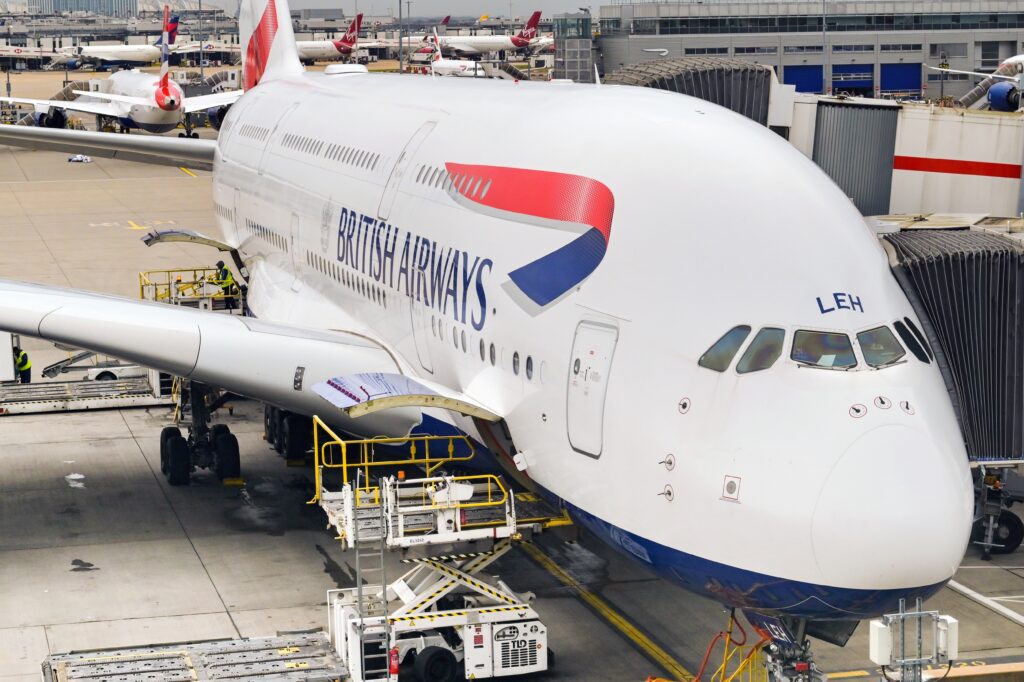The parent company of British Airways has reported a surge in second-quarter profits, boosted by strong consumer appetite for travel and falling fuel prices, despite a €50 million setback from the temporary closure of Heathrow Airport earlier this year.
International Airlines Group (IAG), which also owns Aer Lingus, Iberia, and Vueling, revealed on Friday that operating profit for the three months to 30 June climbed more than 35 per cent to €1.7 billion—comfortably ahead of City expectations of €1.4 billion.
Total revenue rose by 6.8 per cent year-on-year to €8.8 billion, driven largely by a 4.9 per cent increase in passenger revenue, which reached €7.8 billion during the quarter.
The upbeat figures come in the wake of widespread disruption caused by a fire at a National Grid substation in March, which forced a rare one-day closure of Heathrow, the UK’s busiest airport. The incident cost IAG an estimated €50 million in lost earnings.
Nevertheless, the FTSE 100-listed airline group said that underlying demand for flights remained robust, helping to offset operational headwinds and geopolitical uncertainty.
Luis Gallego, IAG’s chief executive, said: “We continue to benefit from the trend of a structural shift in consumer spending towards travel. This strong performance reinforces our confidence in creating long-term value for shareholders through our sustainable dividend and share buyback programme.”
IAG reinstated dividend payments last year for the first time since the pandemic, reflecting renewed financial strength amid a long-lasting travel recovery. A further update on shareholder returns is expected in November.
Shares in the airline group have soared by over 130 per cent in the past 12 months, underlining investor confidence in the company’s post-pandemic rebound and its ability to navigate global uncertainties.
Analysts had flagged potential risks ahead of the results, including volatile jet fuel prices driven by tensions in the Middle East and a possible slowdown in discretionary spending following new US tariffs under President Trump.
However, IAG noted that it had “benefited across all its airlines” from lower fuel costs, which were down €291 million—or 7.6 per cent—year-on-year. The benefit from lower prices was only partially offset by increased flying activity.
The group also reported strong booking volumes across its major markets, particularly in Europe, Latin America and North Atlantic routes, underscoring the continuing resurgence of international air travel.
Despite broader macroeconomic challenges, IAG’s latest performance suggests the global appetite for flying remains high—and that airlines with scale, resilience and diversified routes are reaping the benefits.


